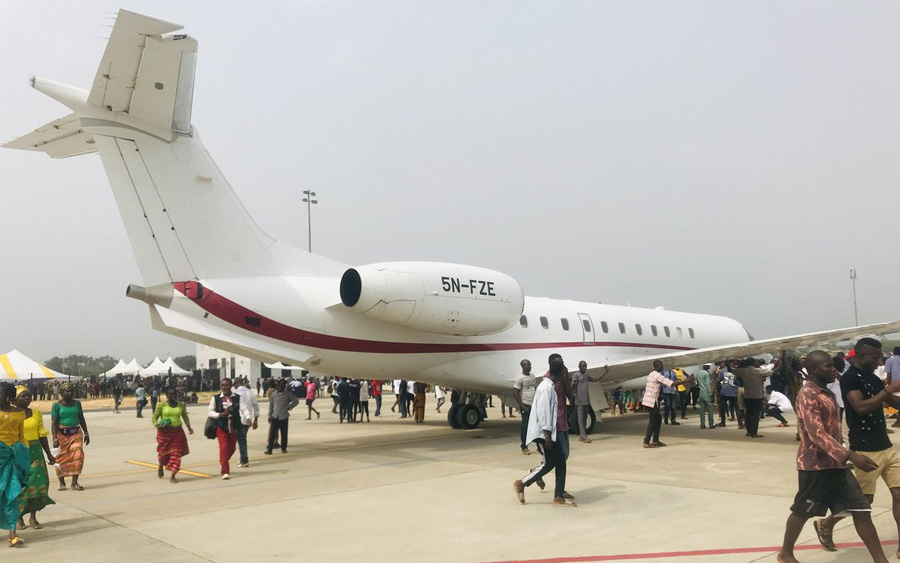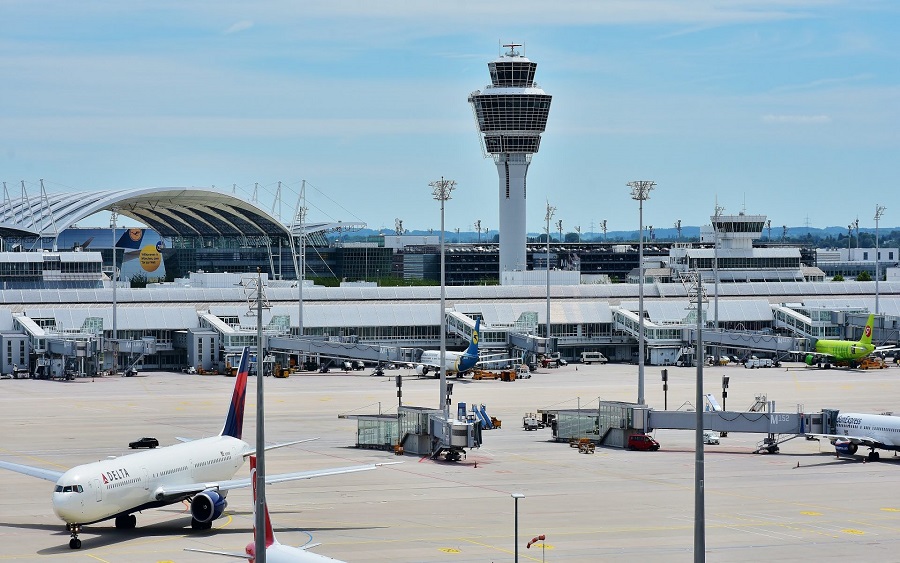Most of the state-owned airports were constructed without economic decisions but with political decisions.
This was the view of the former General Manager, Public Affairs, Mr. Chris Aligbe in an interview with Nairametrics.
Aligbe said that inasmuch as airport construction was good for the country and would enhance connectivity among the travelling public, most of the promoters of such projects never considered economic benefits.
Lack of economic benefits
He said that the absence of economic benefits had deprived the states of revenues they ought to have generated from the infrastructure as most of the aerodromes were not integrated into the aviation sector plan.
He said that this decision made most of the state-owned airports unviable, irrespective of the resources spent on them by the State governments.
- He said: “Inasmuch as it is not integrated into the whole aviation sector plan, it may sound like a waste, but if good thinking goes into it, it won’t be a waste. I will use Akwa Ibom as an example. When it was built, some of us felt it was a destination to nowhere and it was under Obong Attah as the governor then.
- “It has a Maintenance, Repair and Overhaul (MRO) facility built into it, even though it was empty for years. When they built it, the counterpart for many years was Donald Duke in Cross River State and they have agreed that as Donald Duke was developing Tinana, Calabar Airport was Federal Government and it is impaired; it has no room for expansion.
- “So, they agreed that Akwa Ibom Airport would be such that it could carry wide-body aircraft because they were going to construct a road between Akwa Ibom and Tinapa so that people would do business through Akwa Ibom Airport and would be able to link Tinapa.
- “But, when the both of them left, the man that took over from Donald Duke, didn’t think about Tinapa and Akwa Ibom Airport becoming a destination to nowhere and the subsequent government looked at the airport and looked at what it can do. The government in Akwa Ibom now decided to float an airline and started with Ibom Air, which began to create a market for that airport.
- “Today, Akwa Ibom Airport is a lot better than Calabar Airport and Calabar Airport doesn’t even receive aircraft anymore. If the rails are very good, people will fly into Uyo and they will go to Calabar, but that is what is still happening.”
Point-To-Point carriers
Speaking on Nigerian airlines operating international routes, Aligbe warned they may not survive as a point-to-point carrier.
He pointed out that any Nigerian airline flying international routes would continue to lose money unless they partner or codeshare with foreign airlines.
For instance, Aligbe said they must be a part of the International Air Transport Association (IATA) clearing house for them to make headway in their operations, stressing that delays and cancellations of flights would also discourage foreign airlines from partnering with indigenous airlines.
He recalled that the defunct national carrier, Nigeria Airways was removed from the IATA clearing house due to huge indebtedness.
- “Point-to-point is a killer. That is all those airlines that are going international will lose money because they are flying point-to-point. Unless they do something that will make them cease to be a point-to-point carrier, they will not get anywhere.
- “Nigeria Airways was in IATA, but it was chased out of IATA because of indebtedness. It was removed from the IATA clearing house and once it was removed from the IATA clearing house, it became a point-to-point operator.
- “Immediately it became a point-to-point operator, it lost the opportunity to interline and once it lost the opportunity to interline, our market size shrank completely and we lost about 35 to 40 per cent of the market. Our challenges started from there.”
























